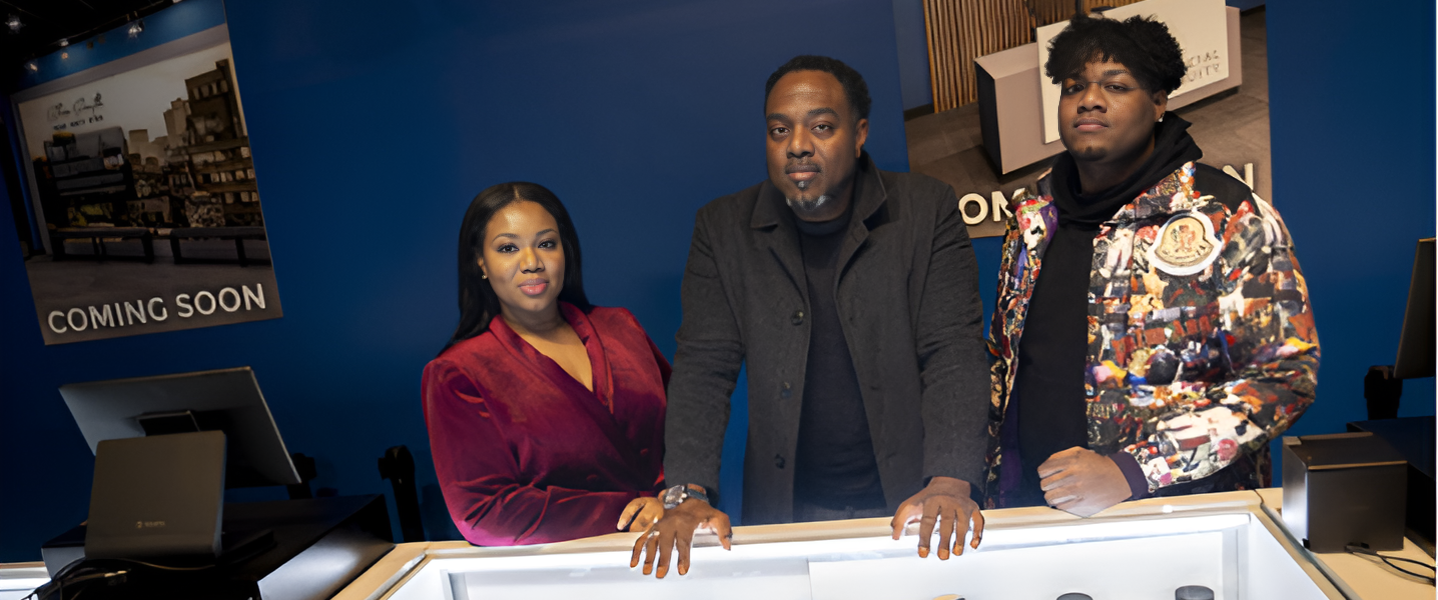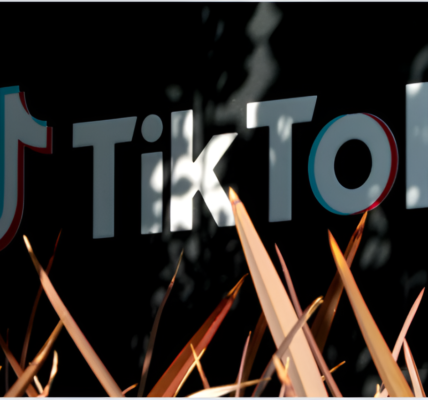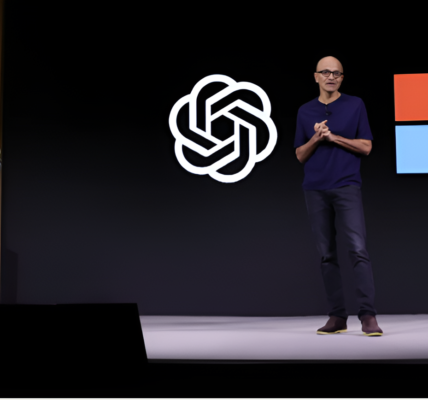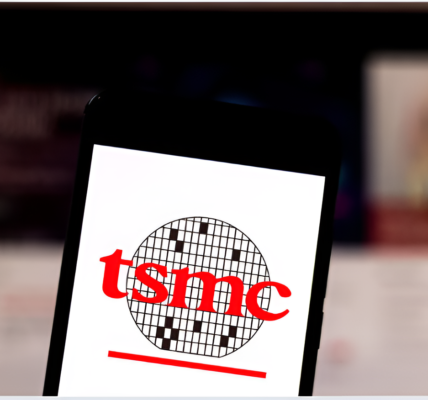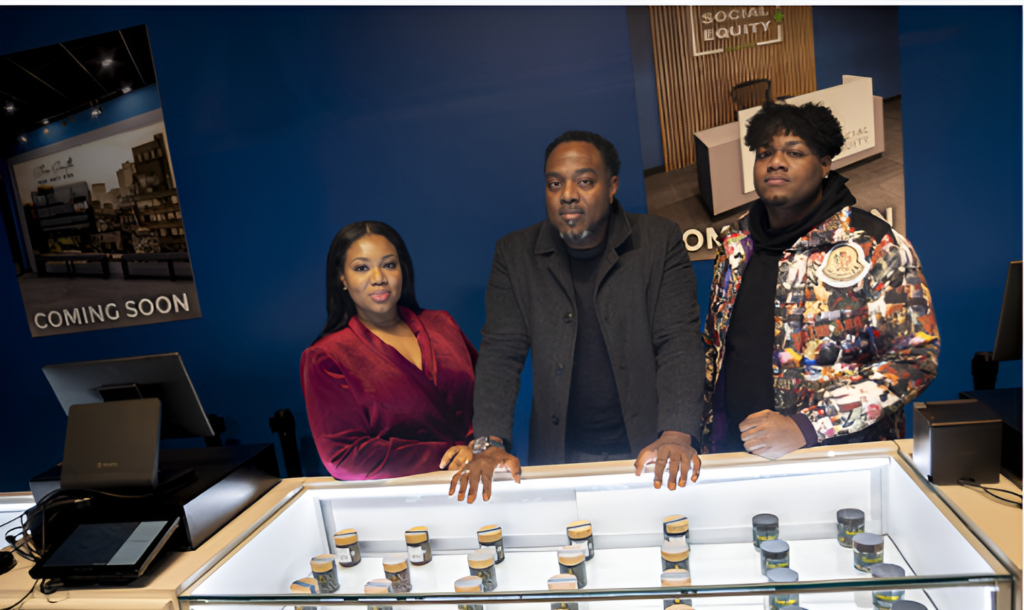
For Roland Conner, the journey from a marijuana-related arrest in the 1990s to owning a cannabis dispensary in Greenwich Village is nothing short of extraordinary. Smacked Village, nestled in one of New York City’s busiest neighborhoods, symbolizes a bold new chapter for the state’s cannabis industry and its commitment to social equity. But while New York’s innovative approach has given Conner and others like him unprecedented opportunities, the path forward is anything but smooth.
A Revolutionary Approach to Social Equity
New York’s cannabis program is unlike any other in the U.S. It prioritizes licenses for individuals like Conner who were previously convicted of marijuana offenses or have close family members who were. These Conditional Adult-Use Retail Dispensary (CAURD) licenses aim to right historical wrongs by providing justice-impacted entrepreneurs with a foothold in the burgeoning legal cannabis industry.
To ease the journey, the state agency Dormitory Authority of the State of New York (DASNY) has taken on an extraordinary role: securing, leasing, and renovating high-value real estate for these dispensaries. The initiative also includes a $200 million public-private fund to support build-outs and other services for licensees, with $50 million from the state and the rest to be raised from private investors.
But this ambitious plan is fraught with challenges, from funding delays to a thriving illicit market that has flourished during the nearly two-year gap between legalization and the opening of licensed dispensaries.
A Tough Start Amid Lofty Promises
Conner’s dispensary, Smacked Village, is only the second licensed cannabis shop to open in the state. While its launch is a milestone, the road ahead is steep. Smacked will close after its initial pop-up phase for renovations, leaving Conner temporarily sidelined.
“The challenges are real, but I’m grateful for this opportunity,” Conner said ahead of the shop’s opening.
So far, 66 CAURD licenses have been issued, with plans for 150 statewide. DASNY’s role includes not only securing real estate but also overseeing construction through firms like the Temeka Group, which has built more than 400 dispensaries nationwide. Yet, significant delays in fundraising and real estate acquisition have hindered progress.
Competing With the Illicit Market
The delays have also allowed New York’s unregulated cannabis market to flourish, with an estimated 1,400 illicit retailers operating in the city. These unlicensed sellers, often stocking California-grown products, are thriving without the burden of taxes or strict regulations, creating steep competition for legal businesses like Smacked.
The state has responded by allowing CAURD applicants to find their own locations instead of waiting for DASNY, but this introduces new risks. Securing private leases can disqualify applicants from accessing the state’s social equity fund, leaving them in a bind: wait for a DASNY location with no clear timeline or strike out independently and forgo vital financial support.
“This is a tragic choice between two bad options,” said Robin Goldstein, economist and co-author of Can Legal Weed Win?
Landlord and Lender Hesitations
Adding to the complexity, landlords and lenders remain cautious about the cannabis industry, still illegal under federal law. Many landlords are hesitant to work with DASNY due to uncertainty around the fund’s full capitalization.
“There’s a learning curve for everyone involved,” said Rob DiPisa, co-chair of the cannabis law group at Cole Schotz, who is working with landlords negotiating with DASNY.
A Race Against Time
Some licensees are growing impatient. Jeremy Rivera, a CAURD applicant and co-founder of Kush Culture Industries, is debating whether to fund his own construction or wait for DASNY to assign a location. Rivera and other applicants recently formed the CAURD Coalition to navigate the regulatory maze together.
“Capitalism has ruined cannabis,” Rivera said, pointing to the challenges of entering a highly regulated industry dominated by larger, well-funded companies.
Despite these hurdles, optimism remains. Advocates believe New York’s interventionist approach could set a precedent for equitable cannabis markets nationwide.
“This is the boldest and most extreme social equity program ever attempted,” Goldstein said. “It’s an experiment, and nobody knows how it will turn out.”
For entrepreneurs like Conner, the opportunity to legally sell cannabis is a dream come true, even if the road ahead is uncertain. “Sometimes I pinch myself,” he said. “I just can’t believe it.”

